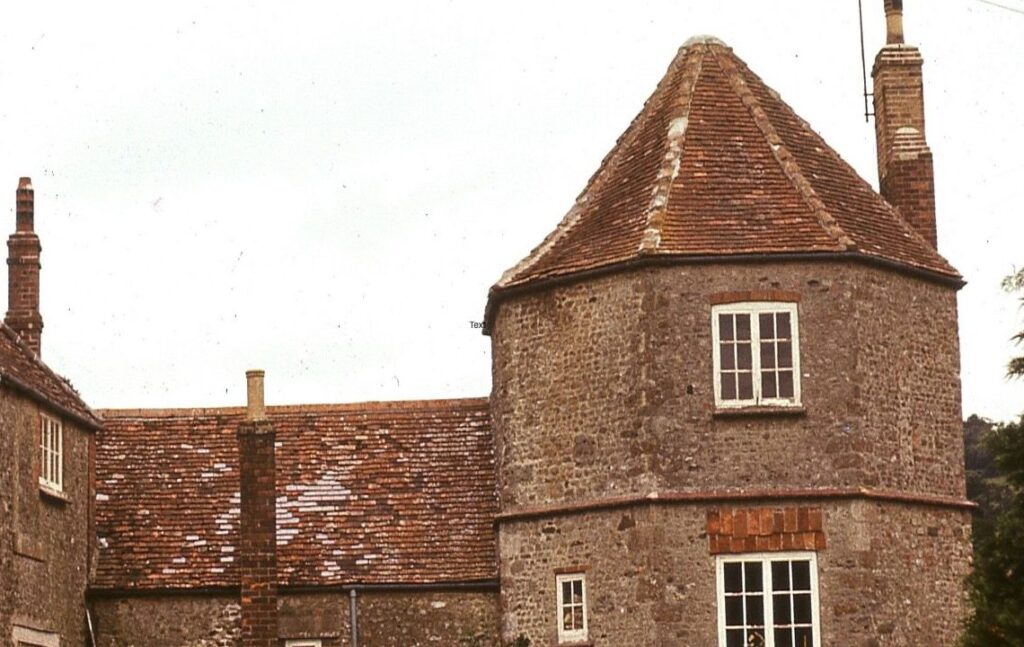
- This event has passed.
RAGE AGAINST THE MACHINE – TALK
7th Jul 2024 @ 19:30 - 21:00
£5 – £10
Technology has always proved a challenge for working people. This workshop with folk songs explores two 18th & 19th century stories from the village of Horningsham, dramatising the options people faced and discussing the implications of advances in Artificial Intelligence today. Nicola Grove is a storyteller, with musical accompaniment from Guy Wilson.
£5 unemployed, low income
In 1767, cloth production was a major occupation in the area. However, wealthy landowner William Everett installed a gig mill in his small factory, which could do in two hours the work of 30 men in one day. 500 shearmen marched across Corsley Heath and destroyed the mill – as cited by Karl Marx in Das Kapital. Forty years later, young Thomas Helliker, born in Horningsham, was arrested and charged with burning down Littleton Mill in another Luddite attack. Guilty or not? To this day, trade unionists lay a wreath on his grave in Trowbridge churchyard. By 1851 the only Horningsham clothiers left in the village, aged 72 and 84, are described as paupers. As we tell these stories, we’ll dramatise the options people faced, the decisions they took, and discuss the implications for us and our children of advances in Artificial Intelligence today. Nicola Grove is a storyteller, living in Horningsham. Guy Wilson, singer, has compiled a collection of Wiltshire folk songs.
Details
- Date:
- 7th Jul 2024
- Time:
-
19:30 - 21:00
- Cost:
- £5 – £10
- Event Categories:
- Discover Frome, Frome Festival, Workshop
- Event Tags:
- Upcoming Events
- Website:
- https://fromefestival.co.uk/venue/trinity-hall/
Organiser
- Frome Festival
- Email:
- office@fromefestival.co.uk
- Website:
- fromefestival.co.uk/
Venue
- Trinity Hall
-
Trinity Street
Frome, BA11 3DW United Kingdom + Google Map - Phone:
- 01373 453425
- Website:
- https://holytrinityfrome.com/
Get In Touch
Christchurch Street West
Frome BA11 1EB
Discover Frome Information Point
Frome Library
Justice Lane Frome BA11 1BE
Frome Town Hall
Christchurch Street West Frome
Somerset
BA11 1EB
01373 465757


